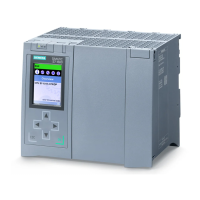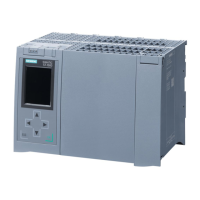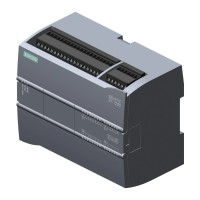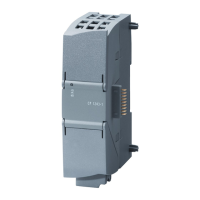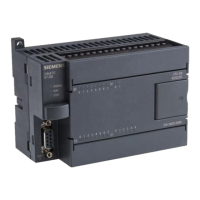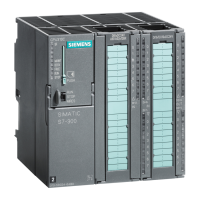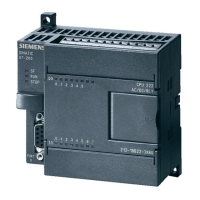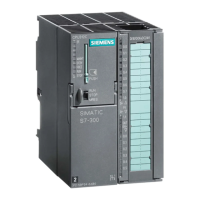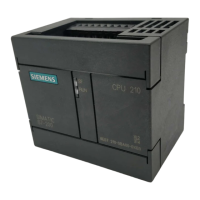Instructions
9.3 PID_Temp
PID control
Function Manual, 03/2017, A5E35300227-AC
447
The IntegralResetMode tag determines how the integral action PIDCtrl.IOutputOld is pre-
assigned:
● When switching from "Inactive" operating mode to "Automatic mode"
● With edge TRUE -> FALSE at parameter Reset and parameter Mode = 3
This setting only works for one cycle and is only effective if the integral action is activated
(Retain.CtrlParams.Heat.Ti and Retain.CtrlParams.Cool.Ti > 0.0 tags).
0 Smooth
The value of PIDCtrl.IOutputOld is pre-assigned so that the switchover is bumpless, which means "Au-
tomatic mode" starts with the output value = 0.0 (parameter PidOutputSum) and there is no jump of the
output value regardless of the control deviation (setpoint – process value).
1 Delete
We recommend setting the weighting of the proportional action (Retain.CtrlParams.Heat.PWeighting
and Retain.CtrlParams.Cool.PWeighting tags) to 1.0 if this option is used.
The value of PIDCtrl.IOutputOld is deleted. Any control deviation will cause a jump of the PID output
value. The direction of the output value jump depends on the active weighting of the proportional action
(Retain.CtrlParams.Heat.PWeighting and Retain.CtrlParams.Cool.PWeighting tags) and the control
deviation:
• Active proportional action weighting = 1.0:
Output value jump and control deviation have identical signs.
Example: If the process value value is smaller than the setpoint (positive control deviation), the PID
output value jumps to a positive value.
• Active proportional action weighting < 1.0:
For large control deviations, the PID output value jump and control deviation have identical signs.
Example: If the process value is much smaller than the setpoint (positive control deviation), the PID
output value jumps to a positive value.
For small control deviations, the PID output value jump and control deviation have different signs.
Example: If the process value is just below the setpoint (positive control deviation), the PID output
value jumps to a negative value. This is usually not desirable, because it results in a temporary in-
crease in the control deviation.
The smaller the configured weighting of the proportional action, the greater the control deviation
must be to receive a PID output value jump with identical sign.
We recommend setting the weighting of the proportional action (Retain.CtrlParams.Heat.PWeighting
and Retain.CtrlParams.Cool.PWeighting tags) to 1.0 when this option is used. Otherwise, you may
experience the undesirable behavior described for small control deviations. Alternatively, you can also
use IntegralResetMode = 4. This option guarantees identical signs of the PID output value jump and
control deviation independent of the configured weighting of the proportional action and the control
2 Hold
The value of PIDCtrl.IOutputOld is not changed. You can define a new value using the user program.

